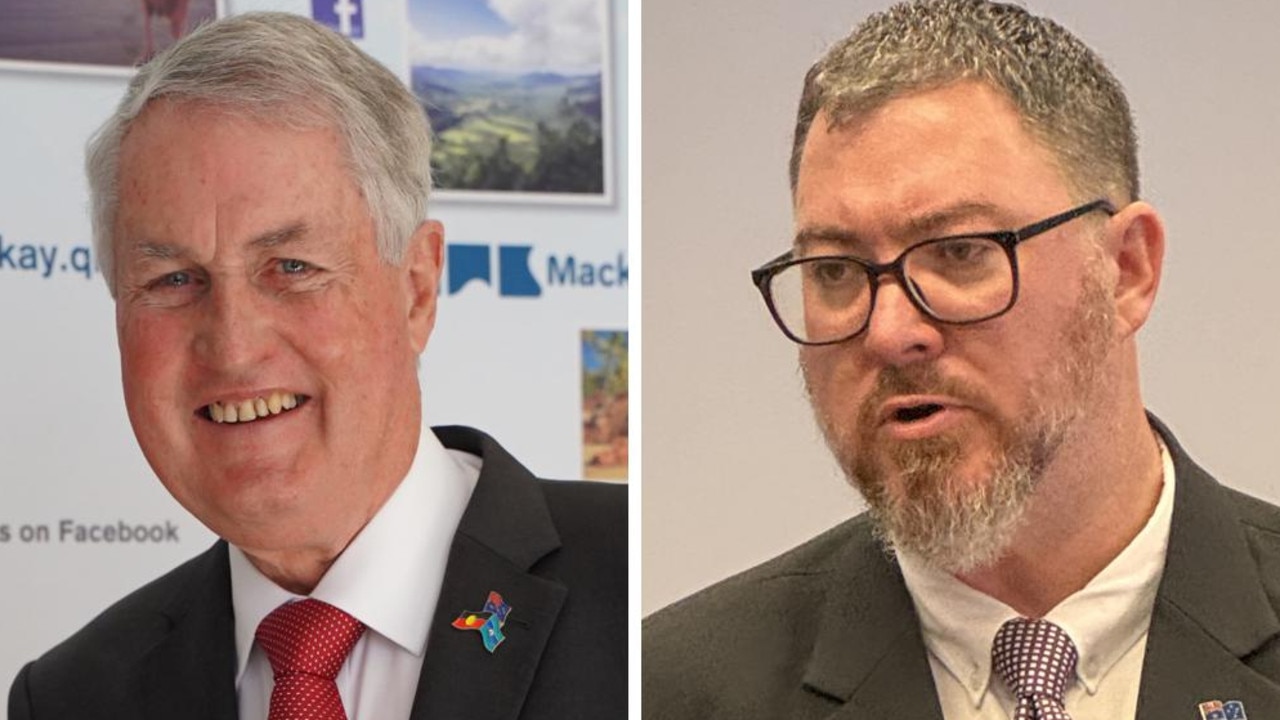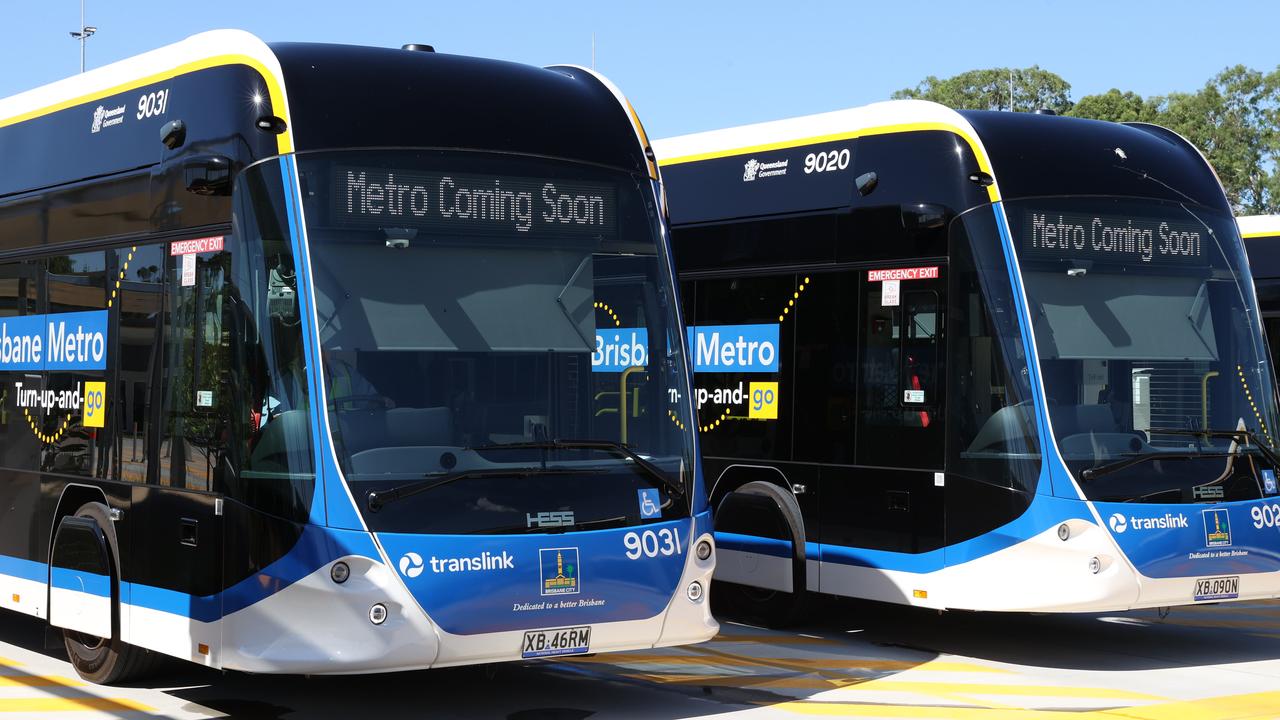Coronavirus Qld: Voting in council elections still required
Queensland’s electoral commission has set the record straight on whether voting in local government elections is still compulsory despite the coronavirus crisis.
QLD Council Elections
Don't miss out on the headlines from QLD Council Elections. Followed categories will be added to My News.
VOTERS can still expect a $133 fine if they don’t cast their ballot in Saturday’s council election, as a prominent health advocate says fine waiving should be considered.
An Electoral Commission of Queensland spokesman insisted the March 28 election was still going ahead on the advice from the Chief Health Officer, and warned voting was compulsory.
Proceeding with Queensland’s weekend elections is madness
2020 QLD council election guide: why do they deserve your vote?
This coronavirus article is unlocked and free to read in the interest of community health and safety. For full access to our journalism – and to download the digital edition of the newspaper as it is printed every day – subscribe here or couriermail.com.au/subscribe
The ECQ said the fine applied unless there was a valid reason not to vote.
Results will likely take longer to be revealed, and the ECQ has revised its standard approach to counting votes after a large number of pre-poll votes and postal vote applications in recent weeks.
Australian Medical Association Queensland president Dilip Dhupelia said he was unable to stop the local government elections.
But he called for empathy towards those who were too fearful to vote during the pandemic, with consideration given to waiving fines for non voters.
“Under these warlike conditions, there should be some compassion,” he said.
QUT public health emeritus professor Gerry Fitzgerald, a former Queensland chief health officer, said there was not exceptional risk in holding the elections if appropriate precautions were taken.
“Without substantial community transmission, it’s not risk free of course, but the risk can be managed reasonably,” he said.
“As long as there’s reasonable social distance the risk should not be significantly enhanced.”
Professor Nigel McMillan, who is the director of infectious diseases and immunology at Griffith University, said while you can minimise the risk of spreading COVID-19, you can’t eliminate it.
“It would seem to me the more sensible approach would be to delay this a couple of weeks and to do a postal vote for everyone,” he said.
Acknowledging cases were only getting higher in Brisbane, Professor McMillan said he was concerned about election workers, because many of them were older.
“It would seem to me that they should rethink this,” he said.
Griffith University political expert Paul Williams said the number of people who voted could be somewhere in the 80 per cent range.
Dr Williams conceded some would question the legitimacy of the election if there was a low turnout, but said the ECQ should be commended for its efforts.
“Just as we question the legitimacy of by-elections where only 60 per cent turn up,” he said.
“That’s just a fact of life. We live with it.”
An ECQ spokesman said people needed their governments now more than ever.
“Voting allows local government to form so that they can make decisions about providing essential services to the community – waste, transport, and community services,” he said.
Additional reporting Janelle Miles, Domanii Cameron & Matthew Killoran


